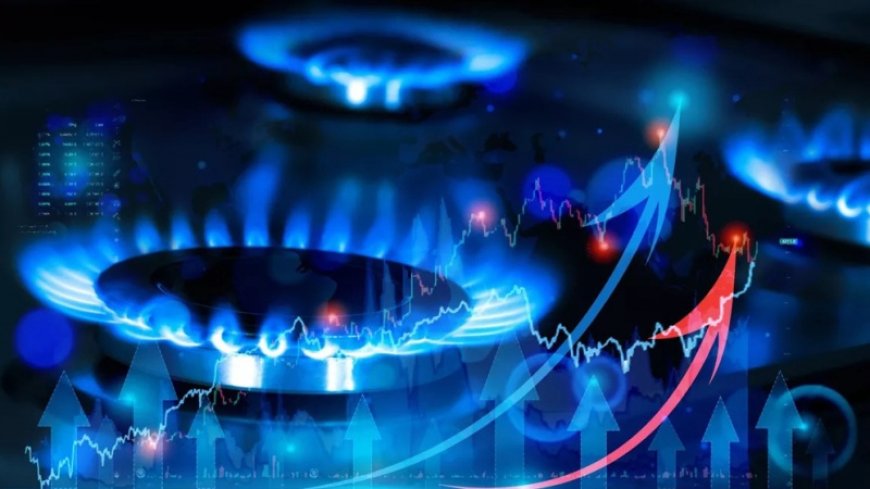EU countries are reducing their gas consumption
EU countries are reducing their gas consumption

EU members' natural gas consumption is down, with piped fuel imports totaling 11.6 billion cubic meters (bcm) in June, down 20% year-on-year, the Forum said. gas exporting countries (GECF) in its monthly report. The publication published on Sunday July 16 showed that in the first half of 2023, gas consumption in the Union of 27 members fell by 10% in annual terms, to 178 billion cubic meters. Overall gas deliveries by pipeline to the EU fell by 34% to 76.7 billion m³ due to reduced imports from Russia and Norway. “This drop is mainly due to the increasing production of wind and solar energy, which has led to a decrease in the dependence on gas for electricity production. In addition, the ongoing implementation of the European regulation promoting a voluntary 15% reduction in gas demand from April 1, 2023 to March 31, 2024 has had an impact on gas consumption in the EU,” said the GECF.
According to the report, demand from the industrial sector has not fully recovered from a year ago, despite the recent drop in gas prices. Gas-fired power generation within the EU fell 17% year-on-year, while total power generation fell 7% to 182 terawatt hours (TWh). Additionally, there has been a significant 39% drop in electricity generation from coal. The EU previously covered around two-fifths of its gas needs through Russian energy imports. Last year, member states agreed to voluntarily reduce their gas consumption by 15% from August 2022 to March 2023. The agreement was extended for another 12 months. However, according to the European Environmental Bureau, only 14 out of 27 EU countries have adopted mandatory measures to reduce energy consumption.
Five of the 14 - Germany, France, Italy, Spain and Portugal - would have accounted for 60% of the fall in demand, while Bulgaria, Latvia and Romania were the only member states to n have implemented no energy saving regulations. This was partially attributed to the already weak gas demand in these countries. Energy experts said the mild winter of 2022 helped EU members use less energy, while high prices led energy-intensive industries to cut production.













































